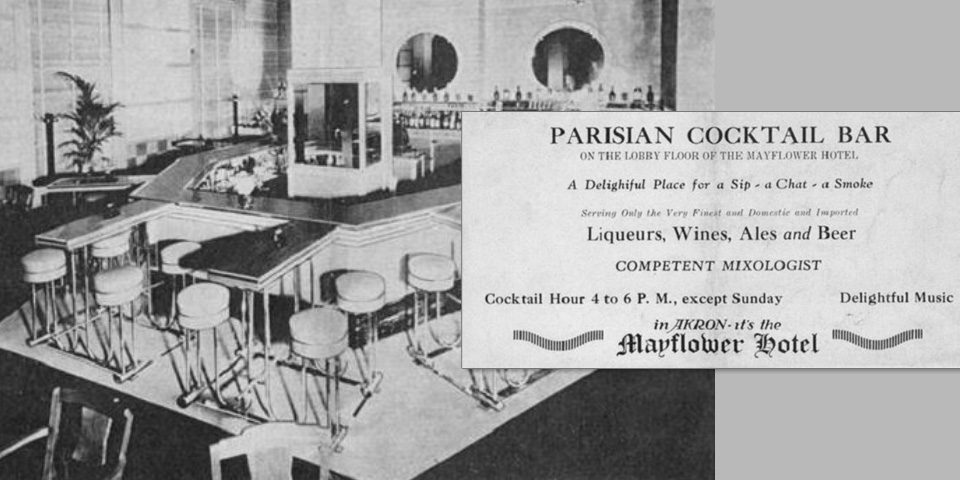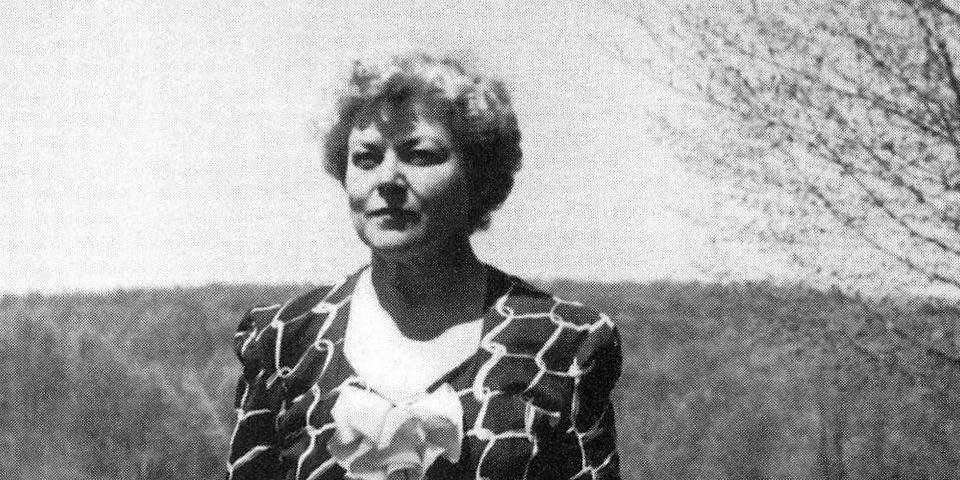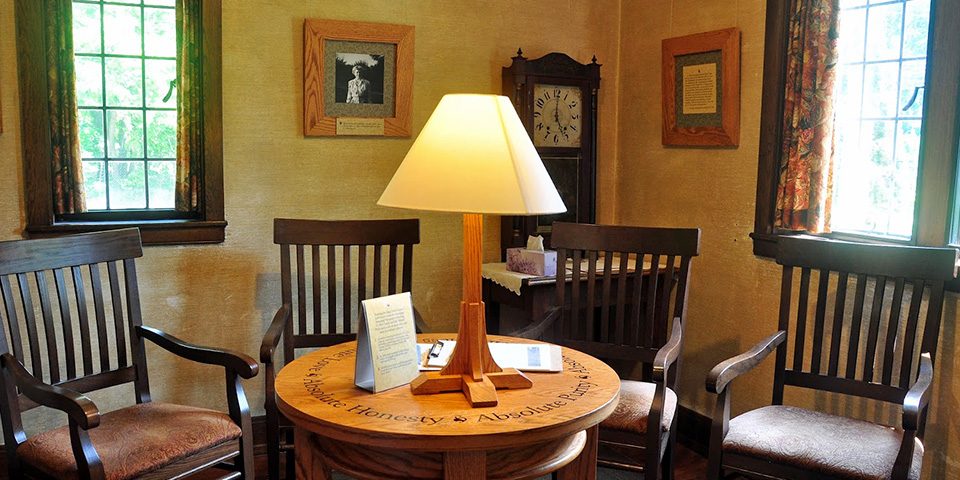
Alcoholics Anonymous: On graft, and the foundation
September 14, 2016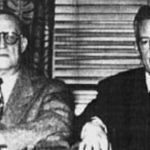
Alcoholics Anonymous: On help and support
September 14, 2016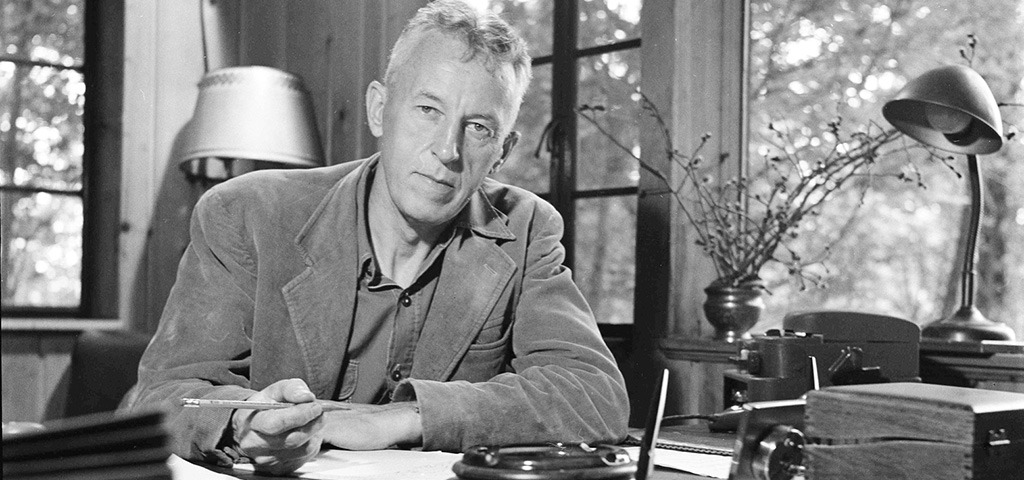
October 25, 1939
In three previous articles, Mr. Davis has told of Alcoholics Anonymous, an organization of former drinkers banded to break the liquor habit and to save others from over drinking. This is the fourth of a series.
Understanding
What gets the pathological drinker who finally has reached such state that he is willing to listen to a cured rummy member of Alcoholics Anonymous, is that the retrieved alcoholic not only understands what only another alcoholic can understand, but a great deal that the unreformed drunk thinks no one else could know because he has never told anyone, and his difficulties or escapades must be private to his own history.
Fact is the history of all alcoholics is the same; some have been addicts longer than others, and some have painted brighter red patches around the town — that is all. What they have heard in the “cure” hospitals they have frequented, or from the psychoanalysts they have consulted, or the physicians who have tapered them off one bender or another at home, has convinced them that alcoholism is a disease. But they are sure (a) that their version of the disease differs from everyone else’s and (b) that in them it hasn’t reached the incurable stage anyway.
Head of the “cure” told them: “If you ever take another drink, you’ll be back.” Psychoanalyst said “Psychologically, you have never been weaned. Your subconscious is still trying to get even with your mother for some forgotten slight.” Family or hotel physician said “If you don’t quite drinking, you’ll die.”
Reproof
Lawyers, ministers, business partners and employers, parents and wives, also are professionally dedicated to listening to confidences and accepting confessions without undue complaint. But the clergyman may say: “Your drinking is a sin.” And partner or employer: “You’ll have to quit this monkey business or get out.” And wife or parent: “This drinking is breaking my heart.” And everyone: “Why don’t you exercise some will power and straighten up and be a man.”
“But,” the alcoholic whispers in his heart. “No one but I can know that I must drink to kill suffering too great to stand.”
He presents his excuses to the retrieved alcoholic who has come to talk. Can’t sleep without liquor. Worry. Business troubles. Debt. Alimentary pains. Overwork. Nerves too high strung. Grief. Disappointment. Deep dark phobic fears. Fatigue. Family difficulties. Loneliness.
The catalog has got no farther than that when the member of Alcoholics Anonymous begins rattling off an additional list.
“Hogwash,” he says. “Don’t try those alibis on me. I have used them all myself.”
Understanding
And then he tells his own alcoholic history, certainly as bad, perhaps far worse than the uncured rummy’s. They match experiences. Before he knows it the prospect for cure has told his new friend things he had never admitted even to himself. A rough and ready psychiatry, that, but it works, as the cured members of the Cleveland Chapter of Alcoholics Anonymous all are restored to society to testify. And that is the reason for the fellowship’s weekly gatherings. They are testimonial meetings. The members meet to find new victims to cure, and to buck each other up. For years their social and emotional life has all been elbow-bending. Now they provide each other a richer society to replace the old. Hence, the fellowship’s family parties and picnics.
Never for a moment do they forget that a practicing alcoholic is a very sick person. Never for a moment can they forget that even medical men who know the nature of the disease are apt to feel that failure to recover is a proof of moral perversity in the patient. If a man is dying of cancer, no one says: “Why doesn’t he exercise some will power and kill that cancer off.” If he is coughing his lungs out with tuberculosis, no one says: “Buck up and quit coughing; be a man.” They may say to the first: “Submit to surgery before it is too late;” to the second: “Take a cure before you are dead.”
Religion
Retrieved alcoholics talk in that fashion to their uncured fellows. They say: “You are a very sick man. Physically sick — you have an allergy to alcohol. We can put you in a hospital that will sweat that poison out. Mentally sick. We know how to cure that. And spiritually sick.
“To cure your spiritual illness you will have to admit God. Name your own God, or define Him to suit yourself. But if you are really willing to ‘do anything’ to get well, and if it is really true — and we know it is — that you drink when you don’t want to and that you don’t know why you get drunk, you’ll have to quit lying to yourself and adopt a spiritual way of life. Are you ready to accept help?”
And the miracle is that, for alcoholics brought to agreement by pure desperation, so simple a scheme works.
Cleveland alone has 50 alcoholics, all former notorious drunks, now members of Alcoholics Anonymous to prove it. None is a fanatic prohibitionist. None has a quarrel with liquor legitimately used by people physically, nervously, and spiritually equipped to use it. They simply know that alcoholics can’t drink and live, and that their “incurable” disease has been conquered.
By Elrick B. Davis, Cleveland Plain Dealer

